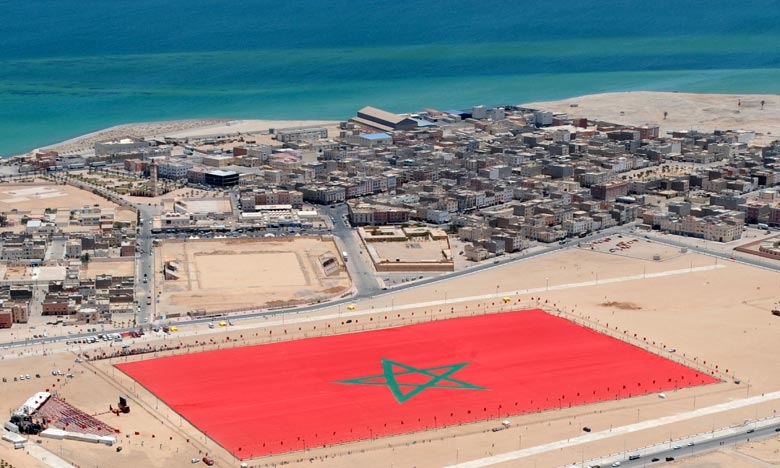Sahara Issue: Gambia Reaffirms Strong Support for Autonomy Initiative, Morocco’s Sovereignty
The Gambia reaffirmed, in New York, its strong support for the Moroccan autonomy initiative in the Sahara, as well as for the sovereignty and the territorial integrity of the Kingdom. “The Gambia wishes to express its strong support for the Moroccan autonomy initiative,” said the representative of the Gambia before the members of the Fourth Committee of the UN General Assembly. She stressed that this plan, in accordance with international law and described as serious and credible in successive Security Council resolutions since 2007, is a “serious compromise and a viable solution” to the regional dispute over the Moroccan Sahara. Highlighting the “massive” international support for the autonomy plan, the Gambian diplomat stressed that this initiative which was presented by Morocco in 2007 “takes into consideration, in a credible way, the issue of self-determination”. The Gambian representative underlined that any discussion on the Sahara issue must take into account the sovereignty and the territorial integrity of Morocco, welcoming “the cooperative spirit” which the Kingdom demonstrates with all stakeholders in order to settle this regional and artificial conflict. The speaker also called for resuming the roundtable process with all the parties concerned, in line with Security Council resolution 2654, and in a spirit of positive engagement to achieve a pragmatic, political and sustainable solution, based on realism and compromise. She also welcomed the participation of representatives of the Moroccan Sahara in previous round tables held in Geneva as well as during the annual sessions of the UN Committee of 24. The Gambian diplomat commended the efforts led by the UN Secretary-General and his Personal Envoy, Staffan de Mistura, aimed at relaunching the political process, including his recent visits to Morocco, Algeria and Mauritania, adding that during his visit to the Moroccan Sahara, Mr. de Mistura met with the presidents of the Laâyoune and Dakhla regions, representatives of elected authorities and civil society, as well as youth and women’s groups. The representative of the Gambia also highlighted the transformative development process experienced by the Sahara regions, which is the result of the large-scale investments undertaken by Morocco through the new development model for the southern provinces launched in 2015. “This initiative transforms the region into a hub of development and attractive economic opportunities and has great potential to contribute to lasting peace,” she pointed out.

